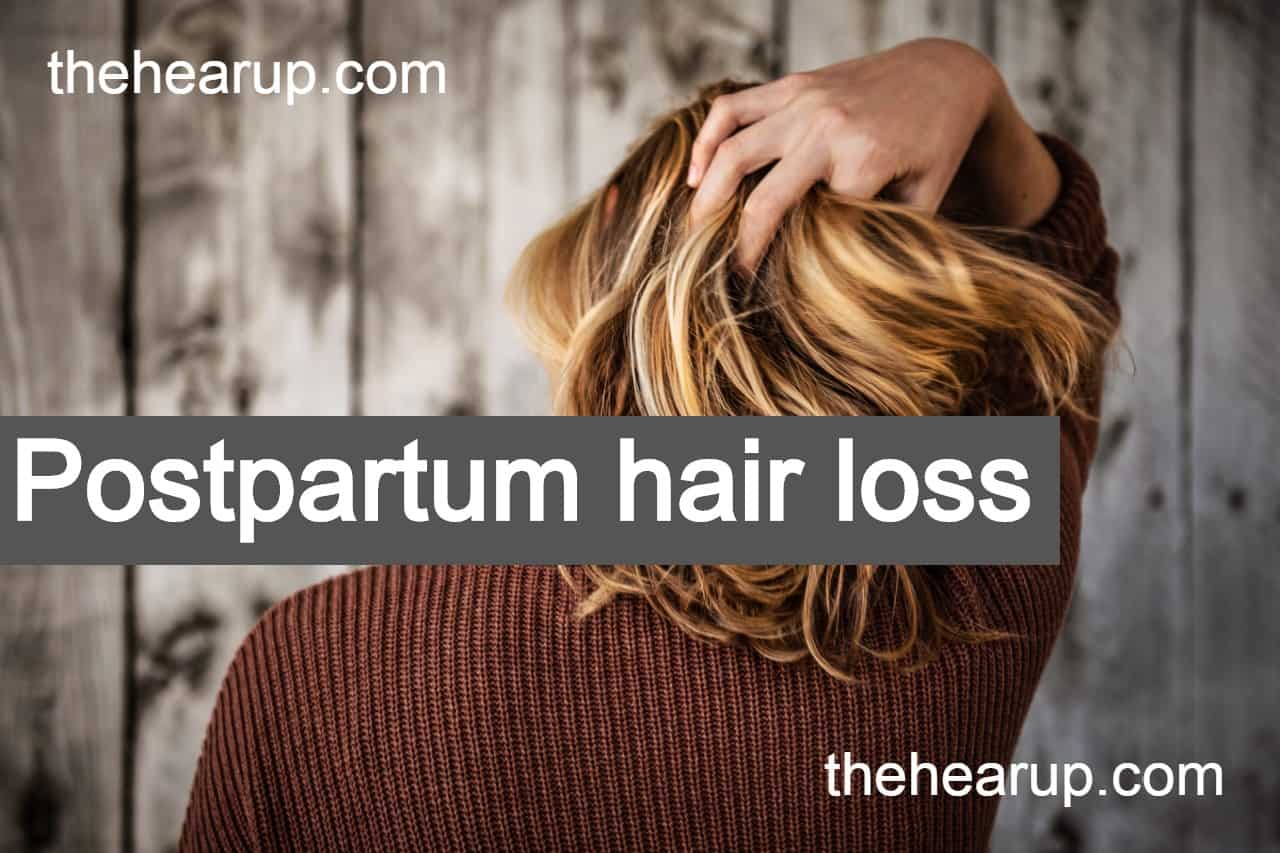Latest News
How BioRevive HairGro treatment helps with postpartum hair loss

Postpartum hair loss
Postpartum hair loss is a common concern. Most women are distressed and believe they will go bald. But don’t worry: it won’t be forever.
One of the concerns of recent mothers when it comes to beauty is related to hair loss after delivery. The woman may notice that after the birth of her baby she loses more hair than usual: there is more hair on the brush, on the pillow, on the clothes, in the shower.
Quiet, it’s absolutely normal. Most women lose hair in the months after giving birth. We explain the why of hair loss in the postpartum and how to take care of it to recover your mane.
Biorevive HairGro:
Biorevive HairGro is Singapore’s premier hair treatment center in Singapore. It’s the path to healthy hair. A purely herbal and unique hair growth solution. Want to know what they use for this? Well, they are using Ayurvedic technology and key botanical ingredients to treat hair problems. Before we dive into the details, let’s take a look at the main known hair problems.
Biorevive HairGro Products:
Biorevive HairGro offers all products and treatments unique to Ayurveda and vitality. These products and treatments are manufactured by Biorevive HairGro in Singapore. However, it can be used in Dubai other than Singapore. International shipping options are also available. Therefore, you don’t have to worry about product availability and delivery, as the desire to search for comprehensive, effective and affordable hair loss treatments is available in the form of Biorevive HairGro.
Hormones and hair
During pregnancy, the entire body is revolutionized by the action of hormones, and hair is no exception. Women’s hair changes because placenta hormones cause increased secretion of oily scalp. Therefore, depending on the type of hair a woman has before pregnancy, the changes will affect her one way or another. Some look better than ever, while others make their hair brittle, greasy or dull.
Those hormones are also responsible for less hair loss during pregnancy. Estrogen secretion keeps almost all hair growing.
Once the woman gives birth, two or three months after delivery, a massive fall of all that hair is observed that has not been lost during pregnancy. If it is normal for 50 to 100 hairs to fall out a day, many more fall out in this phase.
After delivery, hormones are rebalanced, and hair that had been detained in the growth phase during pregnancy begins to fall out quite suddenly and abruptly.
It is not true, therefore, that breastfeeding is responsible for hair loss after delivery. It is one of the false myths that surround it and it has nothing to do with breastfeeding and hair loss. A woman who does not breastfeed also loses her hair the following months after having her baby.
Hair Loss Treatment
Developed especially with ancient Ayurvedic hair growth technology, An important ingredient and an improved complex herbal product, this treatment combines deep scalp cleansing and pore activation to provide the benefits of scalp regeneration, making it a highly effective treatment for hair growth. I will. A key element of this treatment is the regeneration of hair follicles and nourishing hair cells. This promotes the growth of new, thick and healthy hair. The BioRevive Hairgro trial lasts 2 hours for luxury:
- CUSTOMISED SCALP CONSULTATION & ANALYSIS
- PORE REACTIVATION & SCALP REPAIR
- DANDRUFF TREATMENT WITH AYURVEDIC OIL
- O2 OZONE SCALP FOR CIRCULATION
- HAIR GROW MASK TREATMENT FOR REJUVENATION
- BIO LIGHT THERAPY FOR HAIR GROWTH
- HERBAL HAIR WASH with BIOGROWTH SHAMPOO
- BLOWDRY
What to do to strengthen it
The hair loss postpartum is not to worry. It is a normal and natural physiological process that women undergo after giving birth. However, there are some tips you can follow to take care of your hair at this stage.
Diet is very important because hair follicles are supplied by the vitamins and minerals they receive through the bloodstream. All you need to do is not only make your hair stronger but also follow a diverse and healthy diet for the health of you and your child.
Increase the consumption of fruits and vegetables, dairy and cereals. Pay special attention to foods rich in vitamin B (oats, soybeans, brewer’s yeast, chicken, fish, avocados), Omega 3 fatty acids present in bluefish, nuts and in some vegetables, as well as minerals such as calcium, iron, iodine and zinc (meat, lamb, wheat germ, squash, peanuts, oysters, chickpeas, spinach, etc).
In addition, in the phase of greatest fall, it avoids aggressive hair treatments, the excessive use of hairdryers and irons, and uses a mild shampoo with a neutral PH.
There are also nutritional supplements to strengthen the hair and provide density and volume, as well as specific lotions and shampoos for hair loss, but when in doubt consult with the doctor as some are not compatible with the period of pregnancy and lactation.
Kenneth is a proud native of sydney, born and raised there. However, he pursued his education abroad and studied in Australia. Kenneth has worked as a journalist for almost a decade, making valuable contributions to prominent publications such as Yahoo News and The Verge. Currently, he serves as a journalist for The Hear Up, where he focuses on covering climate and science news. You can reach Kenneth at [email protected].










